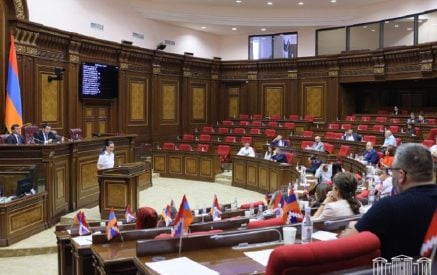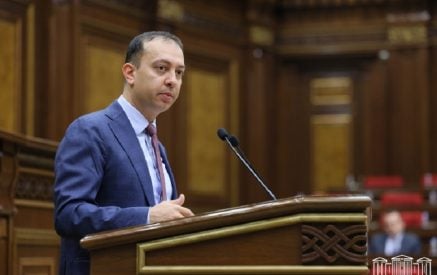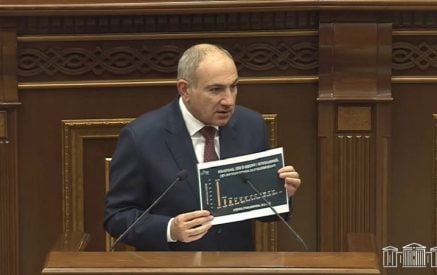An activity inevitably follows disappointment and frustration.
When the domestic political situation is stable, it leads to a decrease in the participation of citizens in public life. Its next stage is the inevitable disappointment, passiveness, and frustration, which historically cannot last very long.
Gradually, society demands more involvement as certain sections feel neglected. That, in turn, leads to increased citizens’ activism and ultimately to internal political destabilization. These cycles are described in Samuel Huntington’s book, published in 1968, and called “Political Order in Changing Societies.”
I think the pattern is universal and has not lost its relevance in half a century. Let’s see if it is applicable in the case of Armenia. After the change of power in 1998 and the terrorist act of the following year, Armenia gradually entered a phase of stability. Over time, that stability turned into stagnation. In principle, the latter could be overcome with radical reforms carried out “from above.”
Read also
But Robert Kocharyan and then Serzh Sargsyan had no such intention, and over the years, the discontent of the neglected classes grew. They were mainly two. 1/ the lumpenized mass, still affected by the 1990s clutter 2/ the youth who grew up in the years of independence, who in 2018 had reached full maturity. Those layers demanded participation in political-social life, and in 2018 they came out to the streets to emphasize their importance.
After that, we entered a phase of stability, which was gradually replaced by frustration. Defeat in the war deepened that feeling several times over. And again, that situation can be overcome with radical reforms, but we must record again that the current government has no such desire. Populism, which is specific to the current authorities, is not a radical measure. In fact, it is an external veil for not reforming anything, which does not create new state and political institutions and does not strengthen, but on the contrary, weakens the political system.
The two layers, which in 2018 were the driving force of the revolution, reacted to the situation differently five years later. The lumpen masses remain loyal to today’s authorities precisely because of the same populism. The youth, except a few dozen people in power, are disappointed to see that the current ones continue to follow the path of their predecessors in many issues (for example, anti-democracy and corruption). It should also be taken into account that the first group, for obvious reasons, is gradually leaving the scene, while the youth, on the contrary, and is strengthening its position.
Ultimately, it will lead to new destabilization and a new revolution. It’s hard to say when that will happen.
But I guess it won’t take twenty years this time.
Aram ABRAHAMYAN
“Aravot” daily, 11.04.2023






















































